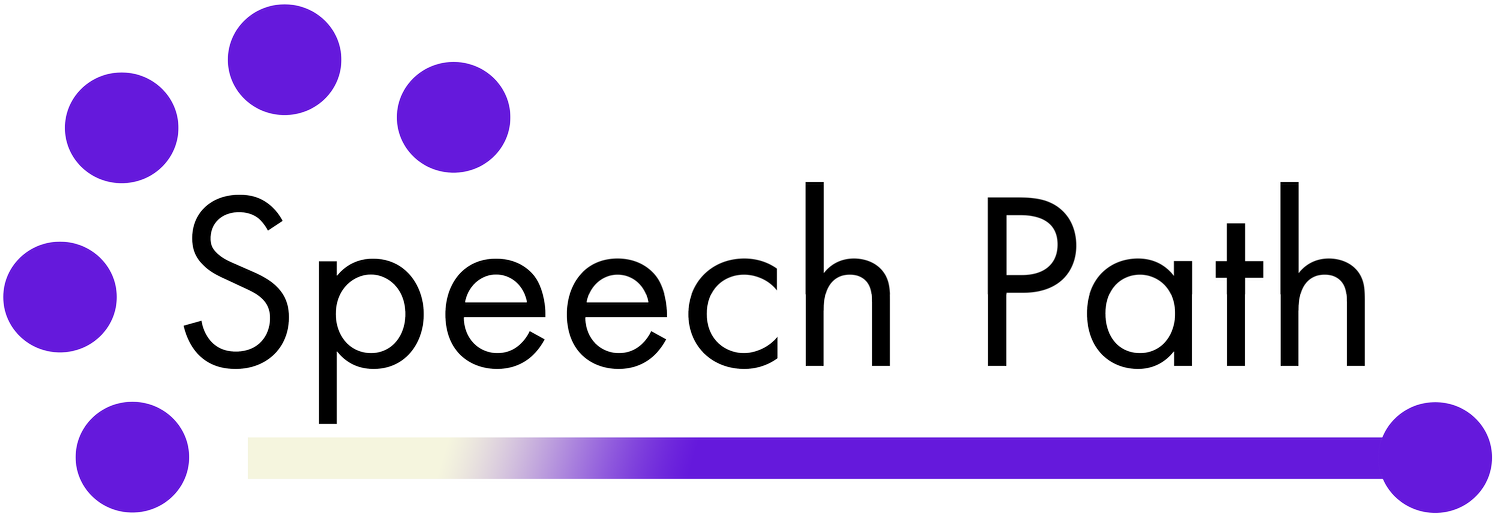Research Summaries
The Effectiveness of Parent-Implemented Language Interventions: A Meta-Analysis
Roberts & Kaiser, 2011
Is Parent-Child Interaction Therapy Effective in Reducing Stuttering?
Millard, Nicholas & Cook, 2008
Evidence-Based Social Skills Training for Adolescents with Autism Spectrum Disorders: The UCLA PEERS Program
Laugeson, Frankel, Gentian, Dillon & Mogil, 2012
A Randomized Controlled Trial to Improve Social Skills in Young Adults with Autism Spectrum Disorder: The UCLA PEERS Program
Laugeson, Gantman, Kapp, Orenski & Ellingsen, 2015
This study reviewed 18 research studies of language interventions provided by parents of children with language impairments between the ages of 18 to 60 months. The analysis found that parent-implemented interventions significantly improved both receptive (i.e., understanding) and expressive (i.e., use) language skills in children. This study highlights that parents who receive appropriate training have the potential to transform their children’s communication development.
Parent-Child Interaction Therapy (PCIT) focuses on creating a positive and supportive communication environment. Parents were trained by a speech-language pathologist to use positive reinforcement and interaction strategies to increase their child’s confidence and fluent communication. The speech-language pathologist and parents worked collaboratively to ensure that the strategies were consistently applied to the child's daily life. Overall, the results showed that 6 clinic-based sessions of PCIT followed by 6 weeks of parent-led therapy at home successfully reduced stuttering.
PEERS for Adolescents is a caregiver-supported social skills program that supports autistic adolescents interested in making friends. The adolescents participated in a group session where they learned about and practiced social skills, while their respective caregiver attended a group session during which they learned about the same topic and ways to support the adolescents. Adolescents exhibited enhanced skills across many areas, including social skills knowledge, assertion, and frequency of peer interactions at the end of treatment. These gains were maintained 14 weeks after the treatment ended.
Autistic young adults who participated in PEERS showed great improvements in their social communication, including increased social engagement and greater knowledge of social skills. The program included 16 weekly sessions during which the young adults received social coaching from a group leader while their social coach (e.g., caregiver) received similar support from a separate group leader. The progress achieved through this study was maintained at a 16 week follow up visit. This study highlights the value of including social coaches (e.g., caregivers, partners, etc) in social skills programs.
